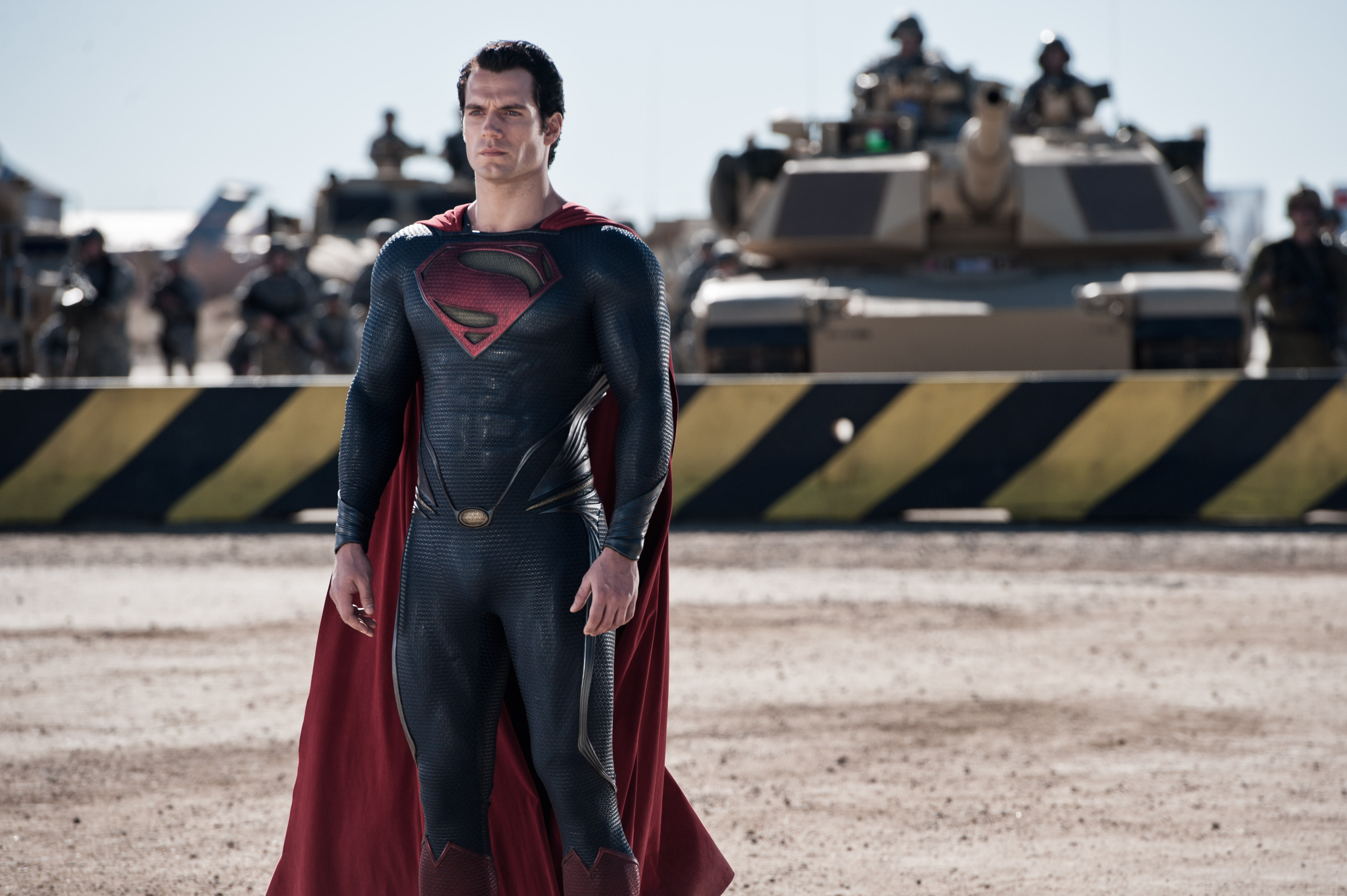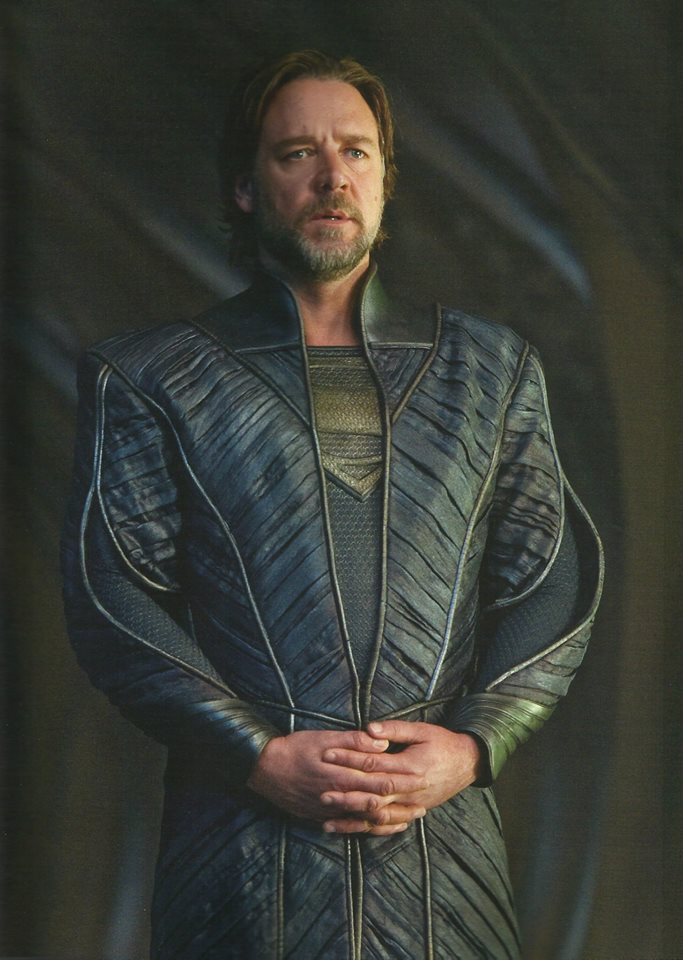 |
| Female Accompanists - Elizabeth from Bioshock Infinite, Ellie from The Last of Us and Cortana from Halo 4 |
The success of recent blockbuster video games Bioshock Infinite and The Last of Us has been in no small part due to their secondary protagonists. Critics have universally lauded how the inclusion of Elizabeth and Ellie have enhanced the experience of these games. On the backs of other games following a similar theme, Halo 4 amongst them, this seems to be setting a trend in the industry that we need at least one other character whom we care about above all else in order to enjoy a video game.
This trend, though, brings with it an interesting question - why are all the secondary protagonists women who are younger than the older, male lead protagonist?
For the last 10 or so years, two words have been the plague of gamers everywhere - Escort Mission. Escort Missions were segments of gameplay where you had to worry about protecting another game character whilst carrying out your own duties, shooting bad guys and finding your way out of virtual messes. They were mediocre at best - increasing difficulty in a linear manner rather than in any depth-adding mechanics. Most of the time they were badly done, and were just an annoying distraction from the main gameplay of a mission. And they almost always included useless damsels in distress.
It seems that all at once, this particular mechanic has taken a turn for the better. What sets games like Bioshock and The Last of Us apart from the original idea is that the secondary protagonists are now a helping factor. They've been designed such that they have abilities which aid the player. Elizabeth throws you health packs in the middle of battle. Ellie throws bricks to distract thugs from beating you up. To top it all off, they've been written in a much more three dimensional manner such that you give a damn about them now.
 |
| Joel teaches Ellie how to shot in The Last of Us |
As an analogue for feminism, this superficially signifies a positive trend. We've moved away from escort missions where we protect the helpless damsels in distress, and now the female characters in our games are actively helping us. This is to the point where we wonder how we could win the game without their help, or even play the game without them there.
But they are still all girls or women who are younger than and ultimately helpless without the male protagonist. This particular fact shouldn't be ignored. Although they are strong characters whom all grow into strong independent females, we, as the player, spend the majority of our gaming experience either protecting, guiding or leading these women through each scenario.
The sexism here is not conscious. I acknowledge that the developers of these games have put effort into creating strong female characters who do more than just stand to the side. The reason that the male protector stereotype is still played is because this particular literary trope has become a staple in action oriented fiction.
Leon: The Professional was perhaps one of the first works to use this theme. In this (highly recommended) film, Natalie Portman plays a 12 year old girl who witnesses the murder of her parents at the hands of organised criminals. A hitman, Jean Reno reluctantly takes her under his wing as she begs for the means to carry out vengeance. A surrogate father-daughter relationship is developed, and the girl finds her own strength, and grows out of helpelessness.
 |
| Mathilda and Leon from Leon: The Professional |
Recent black comedies God Bless America by Bobcat Goldthwait and Super by James Gunn portray the same trope - a gruff older male reluctantly takes a younger female under his wing and they end up participating in various shenanigans. In God Bless America, a young Roxy is trained by a mentally unstable Frank to aid him on his violent crusade across america. Super shows the questionable relationship between the young female amateur superhero Boltine following in the footsteps of the Crimson Avenger.
 |
| Frank and Roxy from God Bless America |
The point is - it's an idea that we know well, and that therefore writers feel safe writing. The sexism that is coming out of this is as a result of complacency. Many examples of this trope already exist within literature. This has the twofold of effect of making it easier to write, and easier to relate to. It's an image we all know and have had experience with. It's an image that has already been proven to connect to its audience. The sexism is old - we've just gotten used to it.
I will sign off by saying that I think we're moving in the right direction with these sorts of portrayals. They are by no means ethically sound, but they at least portray stronger and more independent women than have been portrayed in the past through all media. That we still rely on old tropes is a mechanic of conservatism in all media.
We still need to keep pushing forward.



